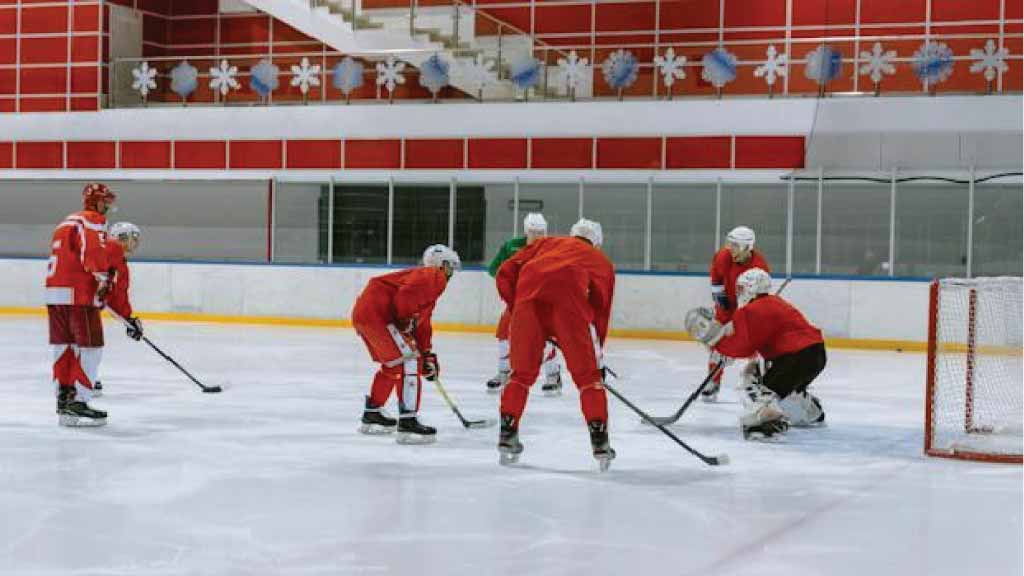Hockey games, renowned for their fast paced action and intense competition, offer an exhilarating experience for both players and fans. From the moment the puck drops to the final buzzer, the duration of a hockey game can vary, typically spanning around two to three hours. However, several factors contribute to the length of a hockey game, creating a dynamic and unpredictable atmosphere that keeps audiences on the edge of their seats.
The standard format of a hockey game consists of three periods, each lasting 20 minutes of playtime. Sandwiched between these periods are intermissions, typically lasting around 15 minutes. These intermissions provide players with the opportunity to rest, hydrate, and strategize with their coaches. Meanwhile, fans take advantage of the break to grab refreshments, socialize, and enjoy entertainment provided by the arena.
Moreover, throughout the game, there are stoppages in play for various reasons, including penalties, icing, offside calls, and timeouts. Penalties result in players serving time in the penalty box, during which their team plays with fewer players on the ice. These stoppages, albeit brief, contribute to the overall duration of the game as officials enforce rules and make necessary calls to maintain fair play.
Another factor that can extend the length of a hockey game is overtime. When the score remains tied at the end of regulation play, teams enter overtime periods to determine a winner. Overtime periods typically last for five minutes of sudden death play, where the first team to score wins the game. If no team scores during the initial overtime period, additional overtime periods may follow until a winner is determined. Overtime adds an extra layer of excitement and tension as teams battle relentlessly for victory.
Furthermore, unforeseen delays or interruptions can impact the duration of a hockey game. Technical difficulties, injuries, or disputes between players or coaches may result in temporary halts in play, prolonging the overall length of the game. While these occurrences are relatively rare, they emphasize the unpredictable nature of sports and add an element of suspense to the game.
Despite the varying factors that can affect the length of a hockey game, fans worldwide continue to be drawn to the excitement and energy of the sport. The fast paced gameplay, skillful maneuvers, and strategic teamwork displayed by players make hockey a captivating spectacle to watch. Whether it’s a nail biting showdown between rivals or a high scoring extravaganza, every moment of a hockey game is filled with anticipation and adrenaline.
In conclusion: Hockey games typically last around two to three hours, including scheduled intermissions, stoppages in play, and overtime periods if necessary. However, the actual duration can vary depending on factors such as penalties, delays, and unexpected interruptions. Despite these variables, the thrill of hockey remains constant, captivating audiences with its dynamic action and fierce competition.

